
Find Help
More Items From Ergsy search
-

What is the role of an executor in handling tax debts?
Relevance: 100%
-

Can the executor use the deceased's assets to pay tax debts?
Relevance: 94%
-

Who is responsible for paying the deceased’s tax debts?
Relevance: 76%
-
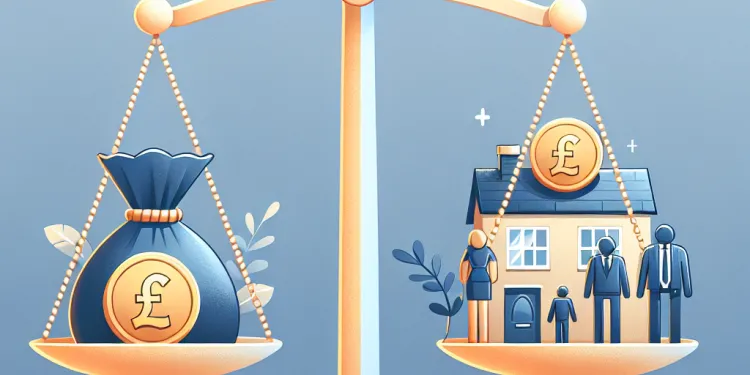
Do unpaid tax debts affect Inheritance Tax calculations?
Relevance: 75%
-
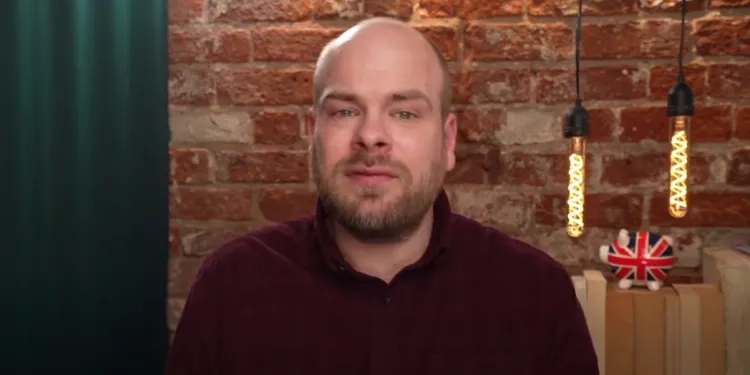
What Happens to Tax Debt After Death? (UK Laws)
Relevance: 73%
-

What if the estate does not have enough assets to pay all tax debts?
Relevance: 69%
-
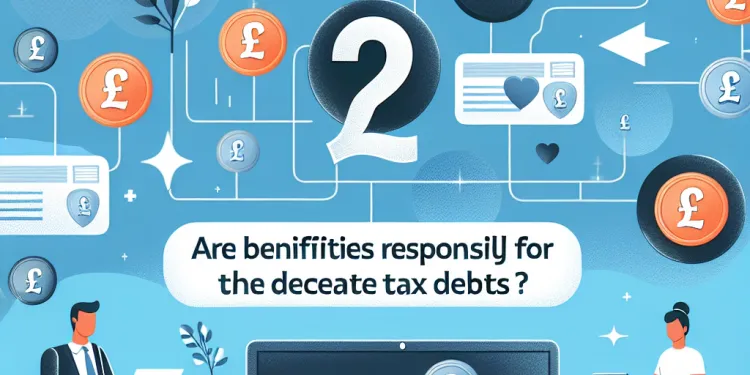
Are beneficiaries responsible for the deceased's tax debts?
Relevance: 53%
-

Can I include previous year's tax debt in a new Time to Pay arrangement?
Relevance: 48%
-
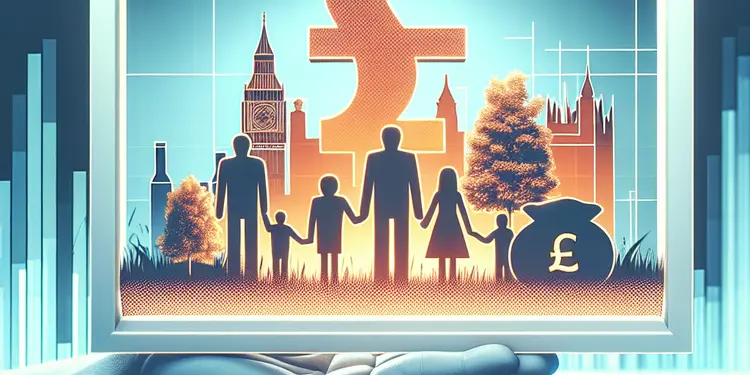
Who is responsible for paying Inheritance Tax?
Relevance: 44%
-
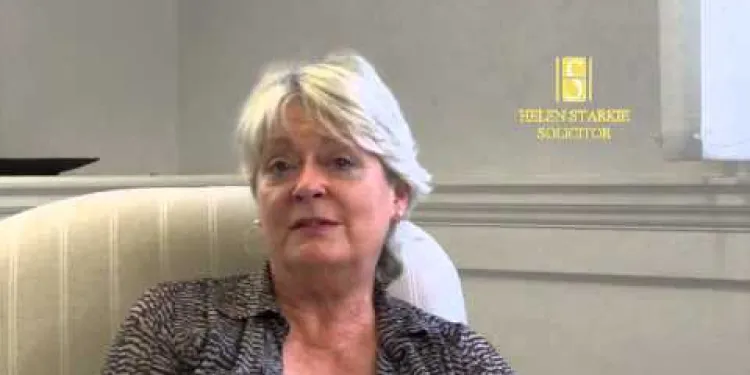
Wills, Probate and Tax Planning in the UK
Relevance: 42%
-

What is the process for paying inheritance tax?
Relevance: 42%
-

What happens if inheritance tax is not paid?
Relevance: 41%
-

Who pays the inheritance tax?
Relevance: 41%
-

Three Debt Free Methods in 2023 | Free Debt Calculator Tracker
Relevance: 39%
-

How is inheritance tax calculated?
Relevance: 39%
-
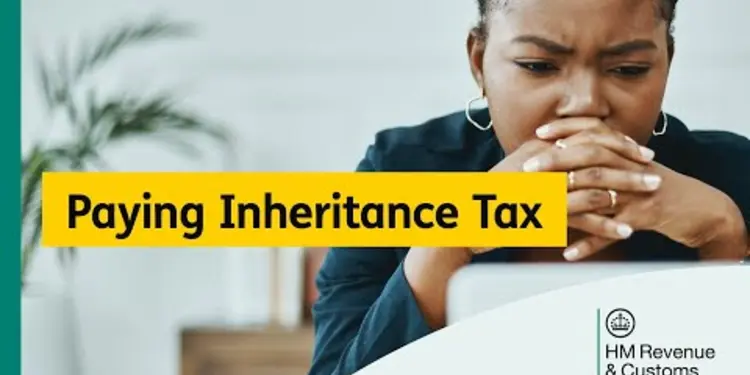
How and when do I pay Inheritance Tax when someone has died?
Relevance: 38%
-
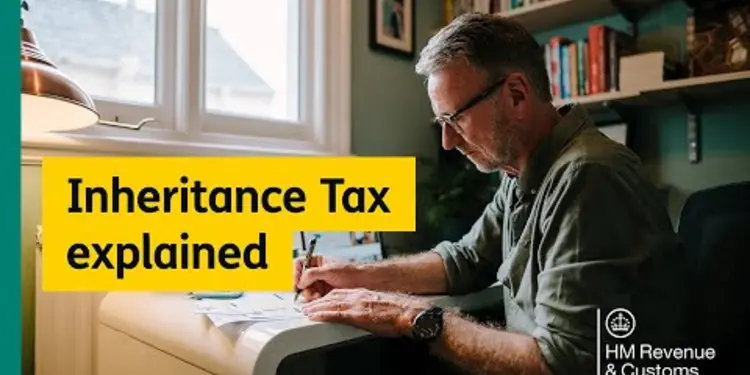
What is Inheritance Tax?
Relevance: 38%
-
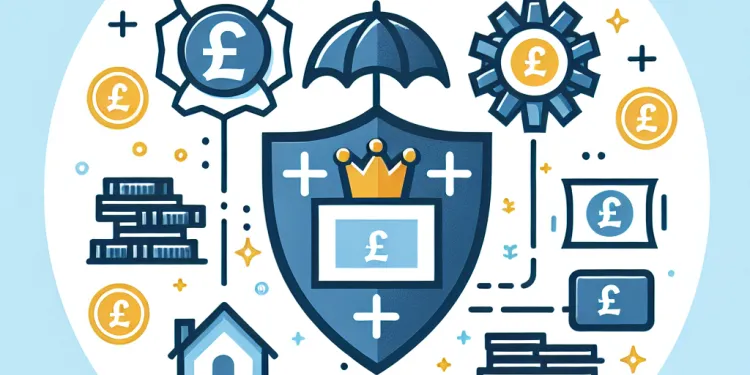
How is Inheritance Tax (IHT) dealt with after death?
Relevance: 35%
-
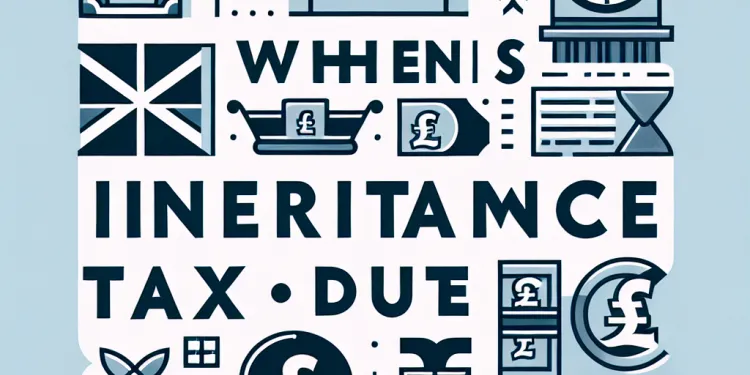
When is inheritance tax due to be paid?
Relevance: 35%
-
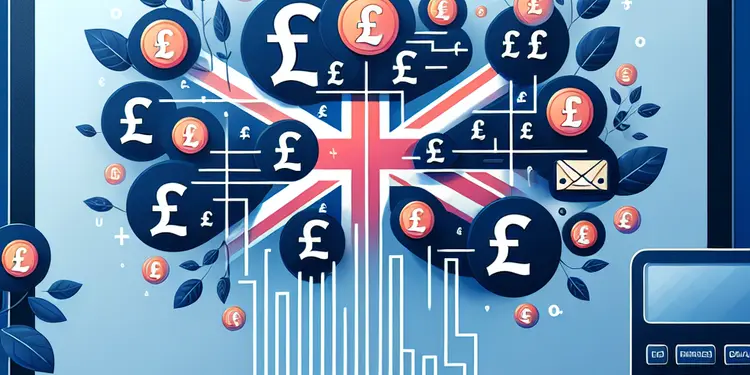
How is the Inheritance Tax bill calculated?
Relevance: 35%
-

What taxes need to be paid from the deceased’s estate?
Relevance: 35%
-

What happens if Inheritance Tax is not paid on time?
Relevance: 35%
-
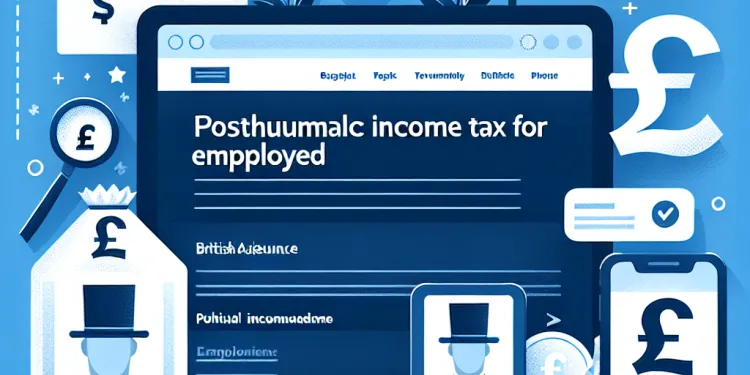
What happens to a deceased’s Income Tax if they were employed?
Relevance: 35%
-
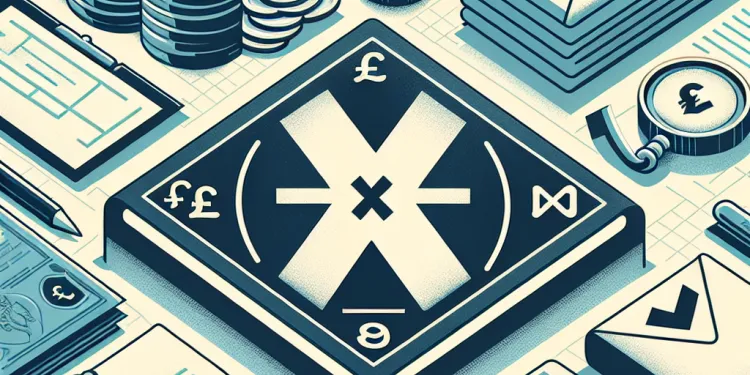
Is it necessary to complete a final tax return for the deceased?
Relevance: 35%
-

When is inheritance tax due?
Relevance: 34%
-

What should I do if I need help managing the tax affairs of the deceased?
Relevance: 34%
-

www.DebtMadeSimple.co.uk - Trust Deeds, Debt Arrangement Schemes, and Bankruptcy Services
Relevance: 32%
-

Owed money? - Professional UK Debt Collectors - 1st choice solution
Relevance: 32%
-
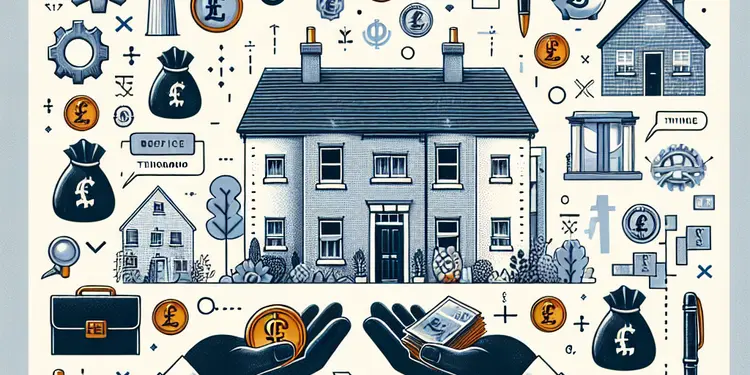
Do I pay Inheritance Tax on a property I inherit?
Relevance: 32%
-
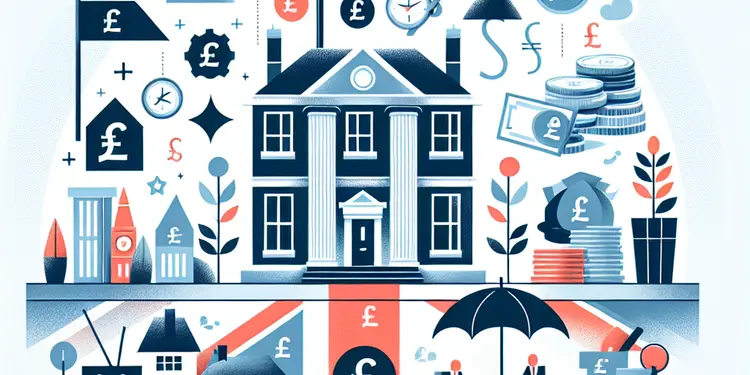
What is inheritance tax?
Relevance: 32%
-

What is Inheritance Tax?
Relevance: 31%
-
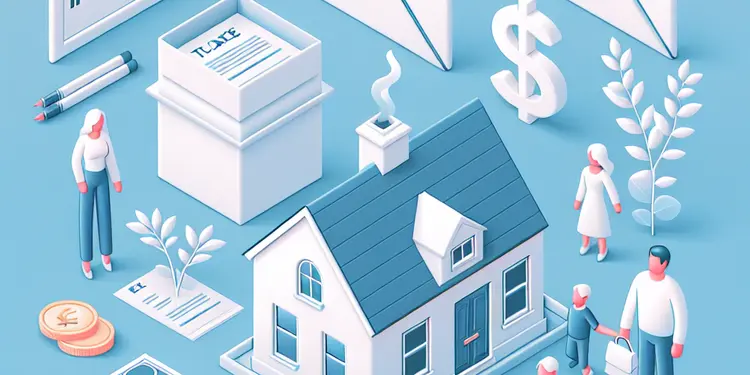
When do I need to pay Inheritance Tax?
Relevance: 31%
-

What is inheritance tax in the UK?
Relevance: 31%
-

Can my tax refund be applied to my future tax obligations?
Relevance: 31%
-
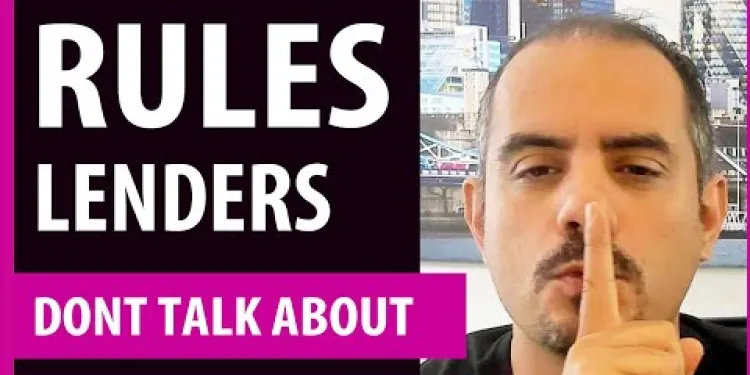
UK Mortgage Rules Lenders Don't Talk About - Debt To Income Ratio
Relevance: 31%
-

What is inheritance tax in the UK?
Relevance: 31%
-

What if I owe more than £30,000 in Self Assessment tax?
Relevance: 31%
-

Is there a difference between inheritance tax and estate tax?
Relevance: 30%
-

How is a wealth tax typically calculated?
Relevance: 30%
-
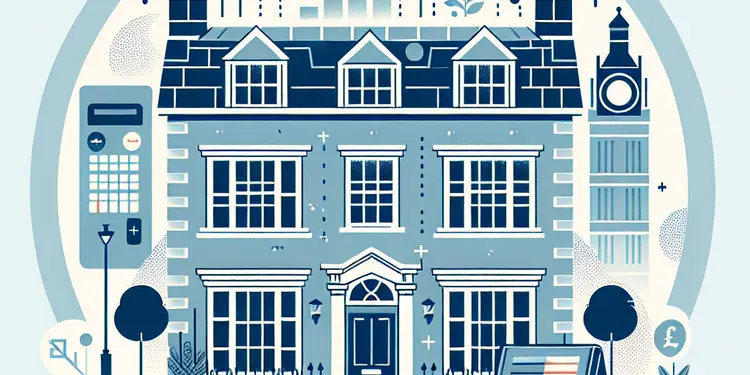
How do I value the estate for Inheritance Tax purposes?
Relevance: 29%
Understanding the Role of an Executor
In the UK, an executor is a person appointed in a will to manage the estate of a deceased person. This role carries significant responsibilities, particularly when it comes to handling the financial affairs of the deceased, including tax debts. The executor is legally responsible for ensuring that the deceased's estate is administered according to the law and the terms of the will.
Handling Tax Obligations as an Executor
One of the key duties of an executor is to manage the tax affairs of the deceased. This involves identifying, valuing, and settling all outstanding tax debts, including income tax, capital gains tax, and inheritance tax. The executor must ensure that these obligations are addressed before distributing any assets to beneficiaries.
Steps Involved in Settling Tax Debts
First, the executor needs to gather all financial information related to the deceased, including bank statements, investment portfolios, and previous tax returns. This helps in understanding the full scope of any tax owed. Next, the executor must contact HM Revenue and Customs (HMRC) to inform them of the death and ascertain any outstanding tax liabilities. This communication is crucial to verify any debts and prevent future liabilities arising unexpectedly.
Filing Necessary Tax Returns
The executor must prepare and file any outstanding income tax returns for the deceased to the date of death. If the deceased had a complex financial situation, such as self-employment income or foreign assets, seeking advice from a tax professional may be necessary. Additionally, the executor might need to file a final assessment to cover the period from the end of the previous tax year to the date of death.
Inheritance Tax Responsibilities
Inheritance tax (IHT) can be one of the more substantial considerations for an executor. Executors are responsible for calculating the IHT liability, ensuring that it is paid within six months of the person's death to avoid interest charges. Normally, IHT is payable on estates valued above the threshold, which for the 2021/22 tax year is set at £325,000.
Settling Debts Before Distributing the Estate
Before any assets can be distributed to the beneficiaries, all debts, including tax liabilities, must be settled. Failure to do so can result in the executor being held personally liable for unpaid debts. Therefore, executors often wait for confirmation from HMRC that all known tax obligations have been fulfilled before proceeding with the distribution of the estate.
Conclusion
In summary, the role of an executor in handling tax debts is crucial and requires attention to detail, organization, and communication. Executors should be diligent in managing these responsibilities to ensure that they fulfill their legal obligations and preserve the integrity of the estate for its beneficiaries.
Understanding the Role of an Executor
An executor is a person chosen to manage someone's money and things after they have died. This is decided in a document called a will. In the UK, an executor has many important jobs. They look after the money and property of the person who has died. They also deal with things like taxes that the person owed. It is important for the executor to do this correctly by following the rules.
Handling Tax Obligations as an Executor
One important job for an executor is to deal with taxes. This means checking and paying any taxes the person who died still owed, like income tax or inheritance tax. The executor must take care of these taxes before giving anything to the people who will inherit it.
Steps Involved in Settling Tax Debts
First, the executor needs to gather all the money information about the person who died. This includes things like bank account details and past tax returns. Next, the executor must talk to HM Revenue and Customs (HMRC). They let HMRC know about the death and check how much tax is still owed. This step is very important to avoid surprises later.
Filing Necessary Tax Returns
The executor has to fill out and send in any missing tax forms for the person who died. If the person who died had complicated money things, like being self-employed or owning things abroad, it might be helpful to ask a tax expert for help. The executor might also need to do a final tax form for the time until the person died.
Inheritance Tax Responsibilities
Inheritance tax is another big job for an executor. They must calculate how much inheritance tax is owed. This tax needs to be paid within six months after the person dies. If not, interest might be added to the tax. Usually, inheritance tax is due on estates worth more than £325,000. This was true for the 2021/22 tax year.
Settling Debts Before Distributing the Estate
Before giving any money or things to the people in the will, all debts, including taxes, must be paid. If not, the executor might have to pay these debts themselves. It’s common for executors to wait for a letter from HMRC saying all taxes are paid before giving out the person’s estate.
Conclusion
Being an executor means being careful and organized. It is a big job to handle taxes and make sure everything is done right. Executors need to be careful to follow all rules and take care of the estate properly for the people who will receive it.
Frequently Asked Questions
What is the role of an executor concerning tax debts?
The executor is responsible for handling the decedent's tax affairs, including paying any outstanding tax debts from the estate's assets.
Is the executor personally liable for the decedent's tax debts?
No, the executor is not personally liable for the decedent's tax debts, but they must ensure that these debts are paid from the estate's assets.
What taxes does an executor need to consider?
An executor should consider income taxes, estate taxes, and any unpaid taxes from previous years.
Does an executor have to file tax returns for the deceased?
Yes, the executor must file any required final income tax returns and estate tax returns for the deceased.
How does the executor know what taxes are owed?
The executor reviews the deceased's financial documents, prior tax returns, and consults with an accountant or tax professional to determine tax liabilities.
Can an executor pay tax debts before other debts?
Yes, tax debts typically have a high priority and should be paid before other unsecured debts.
What happens if the estate does not have enough assets to cover tax debts?
If the estate lacks sufficient assets, the executor may need to file for insolvency, and creditors, including tax authorities, may not receive full payment.
Can an executor negotiate tax debts with the IRS?
An executor may be able to negotiate with the IRS or other tax authorities for a payment plan or settlement depending on the situation.
Are executors required to deal with state tax authorities as well?
Yes, executors must address any state tax obligations in addition to federal tax liabilities.
What records should executors keep concerning tax debts?
Executors should keep all financial documents, tax returns, correspondence with tax authorities, and proof of payments.
How should an executor pay tax debts?
Tax debts should be paid using estate funds via checks, electronic payments, or other authorized methods approved by the IRS or state tax agency.
Can an executor be held accountable if they fail to pay tax debts?
While executors are not personally liable for debts, they can be held accountable for mismanaging the estate, including failing to settle tax obligations.
Must an executor get a tax clearance certificate?
In some states, executors may need to obtain a tax clearance certificate to confirm that all tax liabilities have been settled.
How long does an executor have to settle tax debts?
Tax debts should be settled within the deadlines for filing relevant tax returns, but timeframes can vary based on specific estate circumstances.
Can the executor hire professionals to help with tax issues?
Yes, executors can and often should hire accountants or tax professionals to assist with complex tax issues.
Is an executor required to notify tax authorities of the individual's death?
Executors typically inform tax authorities of the death when filing the final tax return or through estate administration processes.
What happens if an executor overpays tax debts?
If an executor overpays tax debts, they may be able to claim a refund on behalf of the estate.
Do executors need to consider property taxes?
Executors should address any unpaid property taxes, which could include settling with proceeds from property sales if necessary.
Should executors audit prior tax returns of the deceased?
Although not required, reviewing prior tax returns can help identify outstanding issues or unpaid taxes that need resolving.
Can tax debts impact the distribution to beneficiaries?
Yes, tax debts reduce the estate's assets and may impact the amount available for distribution to beneficiaries.
What does an executor do about tax debts?
An executor is someone who helps when a person passes away. They make sure to pay any taxes the person owed. Here is what they do:
- Check if the person who died owed any taxes.
- Pay those taxes using the money left by the person.
- Make sure to talk to a tax expert if they need help.
Tools to help:
- Use forms from the government to find out about taxes.
- Ask a family member or friend to help if you find it hard.
The executor is the person who takes care of the tax work for someone who has died. They need to pay any tax money still owed using the money and things the person left behind.
Does the person who handles the will have to pay the dead person's taxes?
No, the person in charge of the will does not have to pay the person who died's taxes with their own money. But they do need to make sure the taxes are paid with the money from the person's things who died.
What taxes should an executor think about?
An executor is a person who helps manage someone’s money and things after they have died. Here is how to think about taxes: - **Income Tax**: This is money you might have to pay on money the person earned before they died. - **Estate Tax**: This is a tax on the person’s things, like their house or car. - **Inheritance Tax**: This is money you might have to pay on things you receive from the person who died. If you find it hard to understand, you can: - Ask someone for help. - Use online tools that make reading easier. - Speak to a tax expert for advice.The person who takes care of money and things when someone dies should think about three kinds of taxes:
- Taxes on money the person made this year.
- Taxes on what the person left behind, like money and things.
- Taxes the person might not have paid from other years.
Here are some things that can help:
- Ask a tax expert for help. They know a lot about taxes.
- Use tax software to make things easier.
- Keep a list of all the money and things the person had.
Does the person managing a will have to do taxes for someone who has died?
Yes, the person in charge must fill out and send the last tax forms for the person who died.
How does the executor know what taxes need to be paid?
The executor is the person who takes care of someone's things after they pass away. They need to know how much tax money is owed.
Here is how they find out:
- They look at important papers, like bank statements and old tax forms.
- They talk to people who know about money, like accountants.
- They might use computer tools that help with taxes.
If the executor needs help, it is a good idea to ask someone who works with taxes.
The person in charge looks at the money papers of the person who died. They also look at old tax forms. Then, they talk to a money expert to find out if there are any taxes to pay.
Does the person in charge of a will pay tax debts first?
Yes, you should pay taxes first, before other debts.
What if there is not enough money to pay tax debts?
If there is not enough money or things to sell in the estate, the person in charge may need to say the estate is bankrupt. This means people who are owed money, like tax offices, might not get all the money they are supposed to.
Can a person in charge of a will talk to the IRS about tax money owed?
The person in charge of handling someone's money after they pass away might be able to talk to the tax office to make a plan to pay off taxes little by little. They might be able to agree on paying less, depending on what is going on.
Do executors need to talk to state tax offices too?
Yes, executors have to take care of state taxes as well as federal taxes.
What papers should executors keep about tax money owed?
People who help manage money after someone dies should save all money papers, tax forms, letters with tax people, and proof that bills are paid.
How does an executor pay tax debts?
An executor is a person who looks after things when someone dies. They need to take care of the person's money and bills.
If the person who died owed taxes, the executor has to pay these taxes. This is called a tax debt.
Here are steps for the executor:
- 1. Make a list of all the taxes that need to be paid.
- 2. Use the money from the person's bank account to pay the taxes.
- 3. If there is not enough money, ask for help from a tax advisor.
- 4. Keep all the papers that show you paid the taxes.
Tools that can help:
- A calculator to work out money amounts.
- A notebook to write down what has been paid.
- Helpful people like a tax advisor or a friend.
Paying tax debts is important. You can use money from the estate to pay them. Pay with checks, electronic payments, or other ways the tax office says are okay.
Can a person in charge of a will get in trouble if they don't pay tax money?
Executors are not responsible for paying the deceased person's debts with their own money. But, if they make mistakes with the estate, like not paying taxes, they can get in trouble.
Do executors need a tax clearance certificate?
An executor is a person who helps manage someone's things after they have passed away. It's a big job. They have to make sure all the money stuff is sorted out.
A tax clearance certificate is a paper. It says it's okay with taxes for the person who has died. Sometimes, the executor needs this paper.
If you're not sure, ask for help. Talking to an accountant can help. An accountant is someone good with numbers and taxes.
In some states, a person called an executor might need to get a paper called a tax clearance certificate. This paper shows that all taxes have been paid.
How much time does a person have to pay tax debts after someone dies?
You need to pay tax money by the time the paperwork is due. But sometimes, the time to pay can be different depending on the situation.
Can the person in charge get help with taxes?
If you are the person in charge of looking after someone's affairs after they have died, you might have questions about taxes.
You can ask a professional for help. A professional is someone who knows a lot about taxes. They can help you make sure everything is done right. It's okay to ask for help when you need it.
Tools that might help you:
- Online Guides: Find websites with easy steps to follow.
- Talk to Someone: You can call or visit someone who knows about taxes.
- Simple Apps: Use apps that explain tax stuff in simple words.
Yes, people who are executors can get help from accountants or tax experts. This is a good idea if the tax issues are hard to understand.
Does the executor have to tell the tax office when someone dies?
When someone passes away, the person in charge of their things, called an “executor,” tells the tax office about the death. They do this when they fill out the last tax form for the person who died or when they deal with what the person left behind, like their house and money.
What if the person in charge pays too much tax money?
If the person who takes care of someone's things after they die pays too much in taxes, they might be able to get some money back for the family.
Do Executors Have to Think About Property Taxes?
A person called an "executor" helps with someone's things after they pass away. They have to make sure everything is done right.
Sometimes, an executor needs to think about taxes. Taxes are money you pay to the government. Property taxes are a kind of tax for owning things like houses or land.
If you are an executor, check if there are any property taxes to pay. This is important to make sure everything is good.
If you need help, you can:
- Ask a grown-up for advice.
- Use the internet to learn more.
- Ask a tax helper who knows about money and taxes.
If someone is looking after a person’s money and belongings after they have died, they need to make sure all property taxes are paid. If there is no money to pay the taxes, they might need to sell some things to get the money.
Do executors need to check the past tax forms of the person who died?
You don't have to look at old tax papers, but it can help. It might show you if there are any problems or taxes you still need to pay.
Will tax debts affect what beneficiaries get?
Yes, if you owe taxes, it can take away money from what is left to share with your family or friends after you pass away.
Useful Links
Have you found an error, or do you have a link or some information you would like to share? Please let us know using the form below.
-->
This website offers general information and is not a substitute for professional advice.
Always seek guidance from qualified professionals.
If you have any medical concerns or need urgent help, contact a healthcare professional or emergency services immediately.
Some of this content was generated with AI assistance. We’ve done our best to keep it accurate, helpful, and human-friendly.
- Ergsy carfully checks the information in the videos we provide here.
- Videos shown by Youtube after a video has completed, have NOT been reviewed by ERGSY.
- To view, click the arrow in centre of video.
- Most of the videos you find here will have subtitles and/or closed captions available.
- You may need to turn these on, and choose your preferred language.
- Go to the video you'd like to watch.
- If closed captions (CC) are available, settings will be visible on the bottom right of the video player.
- To turn on Captions, click settings .
- To turn off Captions, click settings again.
More Items From Ergsy search
-

What is the role of an executor in handling tax debts?
Relevance: 100%
-

Can the executor use the deceased's assets to pay tax debts?
Relevance: 94%
-

Who is responsible for paying the deceased’s tax debts?
Relevance: 76%
-

Do unpaid tax debts affect Inheritance Tax calculations?
Relevance: 75%
-

What Happens to Tax Debt After Death? (UK Laws)
Relevance: 73%
-

What if the estate does not have enough assets to pay all tax debts?
Relevance: 69%
-

Are beneficiaries responsible for the deceased's tax debts?
Relevance: 53%
-

Can I include previous year's tax debt in a new Time to Pay arrangement?
Relevance: 48%
-

Who is responsible for paying Inheritance Tax?
Relevance: 44%
-

Wills, Probate and Tax Planning in the UK
Relevance: 42%
-

What is the process for paying inheritance tax?
Relevance: 42%
-

What happens if inheritance tax is not paid?
Relevance: 41%
-

Who pays the inheritance tax?
Relevance: 41%
-

Three Debt Free Methods in 2023 | Free Debt Calculator Tracker
Relevance: 39%
-

How is inheritance tax calculated?
Relevance: 39%
-

How and when do I pay Inheritance Tax when someone has died?
Relevance: 38%
-

What is Inheritance Tax?
Relevance: 38%
-

How is Inheritance Tax (IHT) dealt with after death?
Relevance: 35%
-

When is inheritance tax due to be paid?
Relevance: 35%
-

How is the Inheritance Tax bill calculated?
Relevance: 35%
-

What taxes need to be paid from the deceased’s estate?
Relevance: 35%
-

What happens if Inheritance Tax is not paid on time?
Relevance: 35%
-

What happens to a deceased’s Income Tax if they were employed?
Relevance: 35%
-

Is it necessary to complete a final tax return for the deceased?
Relevance: 35%
-

When is inheritance tax due?
Relevance: 34%
-

What should I do if I need help managing the tax affairs of the deceased?
Relevance: 34%
-

www.DebtMadeSimple.co.uk - Trust Deeds, Debt Arrangement Schemes, and Bankruptcy Services
Relevance: 32%
-

Owed money? - Professional UK Debt Collectors - 1st choice solution
Relevance: 32%
-

Do I pay Inheritance Tax on a property I inherit?
Relevance: 32%
-

What is inheritance tax?
Relevance: 32%
-

What is Inheritance Tax?
Relevance: 31%
-

When do I need to pay Inheritance Tax?
Relevance: 31%
-

What is inheritance tax in the UK?
Relevance: 31%
-

Can my tax refund be applied to my future tax obligations?
Relevance: 31%
-

UK Mortgage Rules Lenders Don't Talk About - Debt To Income Ratio
Relevance: 31%
-

What is inheritance tax in the UK?
Relevance: 31%
-

What if I owe more than £30,000 in Self Assessment tax?
Relevance: 31%
-

Is there a difference between inheritance tax and estate tax?
Relevance: 30%
-

How is a wealth tax typically calculated?
Relevance: 30%
-

How do I value the estate for Inheritance Tax purposes?
Relevance: 29%


